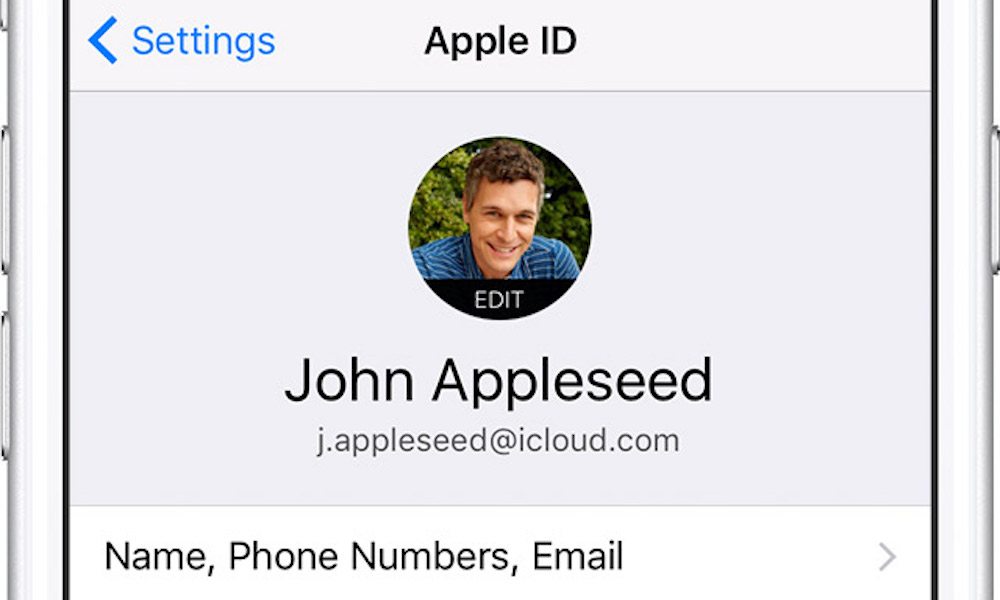Stolen Apple Accounts Sell for as Low as $15.39 on the Dark Web
 Credit: Apple
Credit: AppleToggle Dark Mode
Your Apple ID credentials could be worth less than $16 to online criminals, according to new research on the dark web.
Reportedly, the average hacked Apple ID account currently runs for about $15.39, according to Top10VPN’s Dark Web Market Price Index for February 2018.
Though that’s considerably less than some of the other listed services, Apple credentials seem to fetch a higher price than other online services.
A compromised Netflix account, for example, costs an average of about $8.32 on the dark web, the firm’s research shows. A Facebook account is just $5.20, while a Spotify account runs for a measly 21 cents.
That’s probably due to the range of services that can be accessed with a single Apple ID login. Not only does an Apple ID unlock a user’s iCloud services, but it is also used for Apple’s entertainment platforms, such as Apple Music, and is used across it digital storefronts.
Not only that, but a hacked Apple account likely allows access to a wide range of personal and private user information stored in iCloud.
Few of the other online services were worth as much as a hacked Apple ID, although financial-based accounts were an exception. A PayPal login sells for an average of $247, while Western Union account credentials run $101, according to Top10VPN.
Scans of passports ran for $62.61, while other documents used in identity theft — such a utility bills — sell for an average of $29.59. According to the privacy website, a user’s entire online identity could be worth about $1,200 to a criminal.
Top10VPN put together its market index based on analysis of thousands of listings for stolen information on three of the dark web’s most popular marketplaces. These listings were put into categories and averaged to get the listed prices, the site pointed out.
A compromised Apple ID, usually obtained through phishing, scams or other measures, can allow a hacker to wreak havoc on a user’s life, from locking a user’s Apple products to making fraudulent purchases.
Thankfully, Apple typically does a good job of keeping its user’s private data secure. Various security-related features, such as two-factor authentication and even a new “Privacy icon” in iOS 11.3, can help to mitigate or eliminate the threat of scams and stolen identities.






